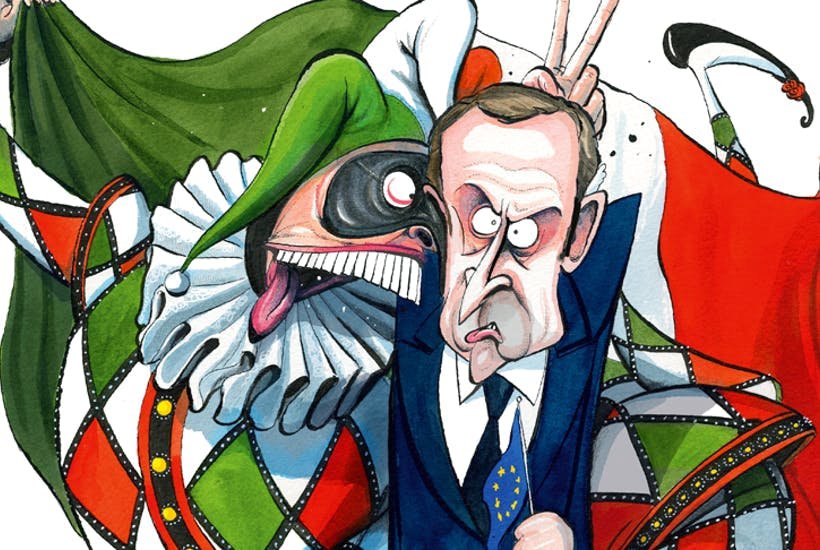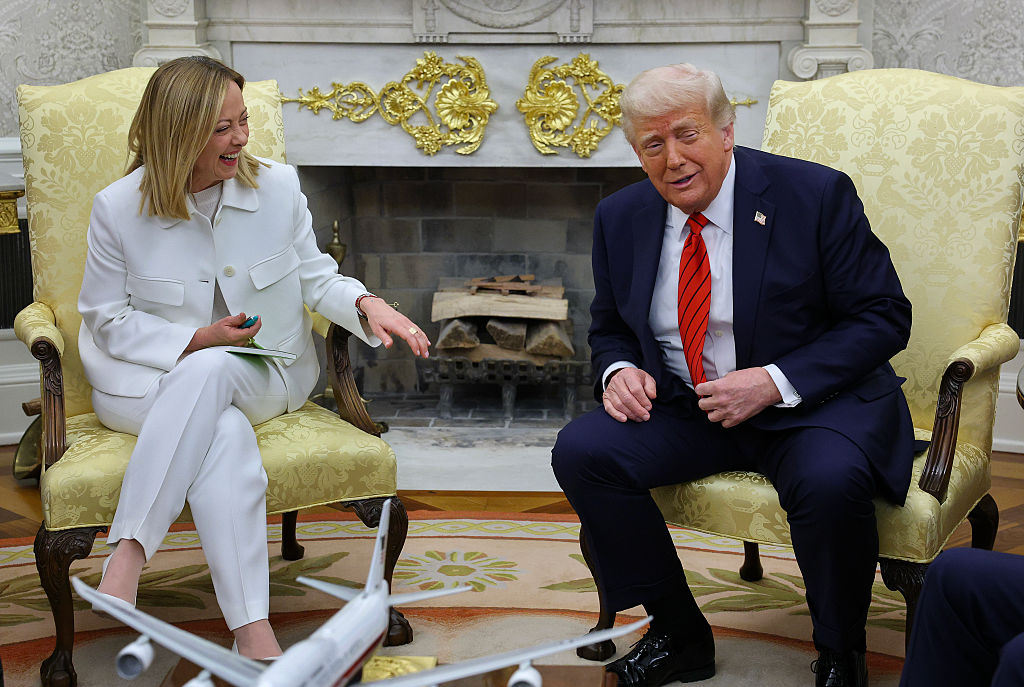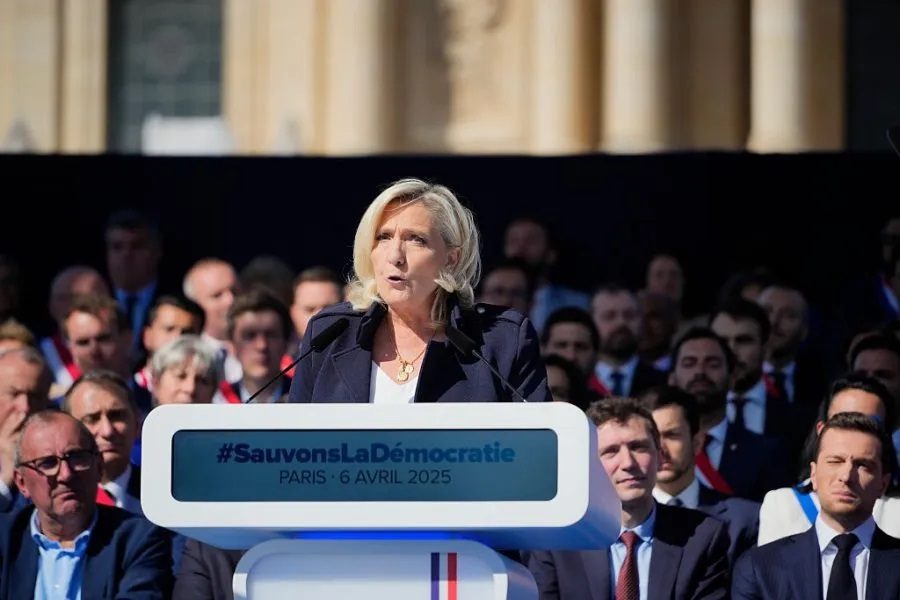Bond yields are soaring. Stock markets are tanking. The banks are looking wobbly, and money is starting to drain out of Italy. To listen to the mainstream commentary on the Italian crisis part 782, you’d imagine that a wild and irresponsible ‘populist’ government had just been tamed by the financial markets. And that once some sensible suits backed by the IMF and the EU take back control in Rome order would be restored and everything will be back to normal.
The trouble is, that is not quite the whole story. In fact, the markets have already worked out that Italy is leaving the euro, at least in its present form. The debate is about when and how, and whether its departure is orderly or chaotic. And right now the ‘populists’ are winning.
It doesn’t take more than a few minutes with the statistics to work out that the euro has been a disaster for Italy. Its GDP hasn’t grown at all in the almost two decades since it joined the single currency. As its population has grown six per cent since then, GDP per capita has actually shrunk. Unemployment has soared, poverty has risen alarmingly, and its debts have soared, not because the government has been particularly profligate but because its economy has shrunk. For Greece and Spain, at least the euro meant boom and bust. Italy has just had the bust – and after twenty years, there is no reason to think that will ever change.
The plans proposed by the Five Star Movement and the League are, contrary to some of the analysis, perfectly sensible. Dramatic tax cuts, and a simplification of the system to two flat rates for both individuals and corporations, will reflate demand and improve collection rates. A universal basic income will put money directly in people’s pockets, which is a perfectly rational response to a depression – Keynes himself suggested something similar when he argued that it would be better to bury banknotes in old coal mines and let people dig them up than leave them on the dole queues. And the most controversial of them all, a parallel currency to run alongside the euro, is actually an elegant solution to the strait-jacket of the single currency: it would allow big business to keep the euro, while the domestic economy and the state effectively devalue (it is actually a revival of the British ideas for two currencies when the euro was created).
The markets weren’t scared by any of that. After the coalition was announced, and its platform unveiled, Italy’s bond price barely budged. It was after president Sergio Mattarella vetoed the proposed euro-sceptic finance minister Paolo Savona that the chaos started. Why? The reason is simple. A perfectly workable plan for fixing the Italian economy was suddenly vetoed, and it was that that plunged the country into chaos.
Italy is going to have to change eventually. There is no reason for what was always a perfectly successful economy to accept permanent impoverishment. The real question is how? It can do it in a planned, orderly way, which, paradoxically, is what the populists are proposing. Or it can delay and delay until the whole system collapses, which is what the president and most of the rest of the EU seems to prefer. The best way to restore confidence now would be to let Five Star and the League form a government now and start implementing their plans. Sure, there would be a short period of disruption, but very quickly Italy would be growing again. The only real question is whether they will be allowed to give it a shot – or whether the EU will insist on clinging onto a currency system that doesn’t work.

























